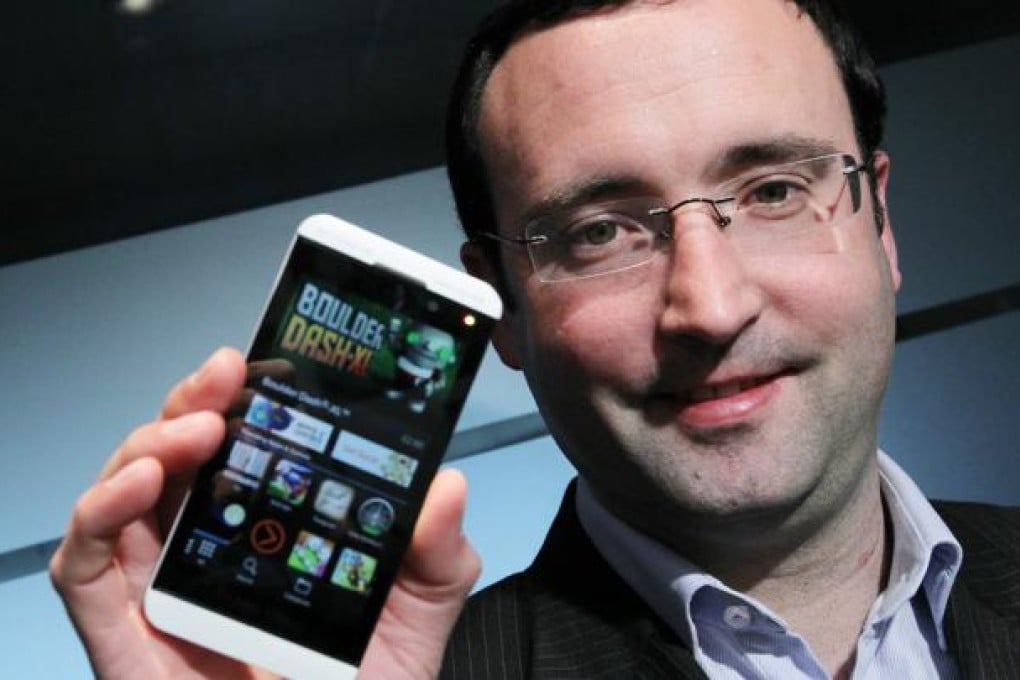BlackBerry seeks past prowess, woos China
BlackBerry, once lauded as a boardroom status symbol, is banking on its new operating system and two new smartphones to woo back users who have switched to trendier competitors.

BlackBerry, once lauded as a boardroom status symbol, is banking on its new operating system and two new smartphones to woo back users who have switched to trendier competitors.
The Canadian company is lining up a marketing campaign in Hong Kong to launch its new products in the second quarter of this year as it sets its sights on the Chinese market.
Analysts estimate that BlackBerry, which changed its name from Research in Motion last month, had less than 1 per cent of the market in China as of the end of last year, though the company would not say how many subscribers it had in Hong Kong and on the mainland - or how much the new handsets would cost.
"Arguably, BlackBerry created the smartphone market," said Rory O'Neill, vice-president of product and channel marketing, who was in the city last week.
"We want to reinvigorate the markets, and China and Hong Kong are really important markets for us. China, as a whole, is the second-largest smartphone market in the world, and we want to be part of that."
BlackBerry first launched in 1999 and was the phone of choice for many senior executives during the 2000s, but since the 2007 entry of Apple's iPhone and later Google Android handsets, sales have plunged.
Its new Blackberry 10 platform, O'Neill said, had features not available elsewhere, such as "balance", which separates work and personal profiles on the phone including calendars, address books and applications.